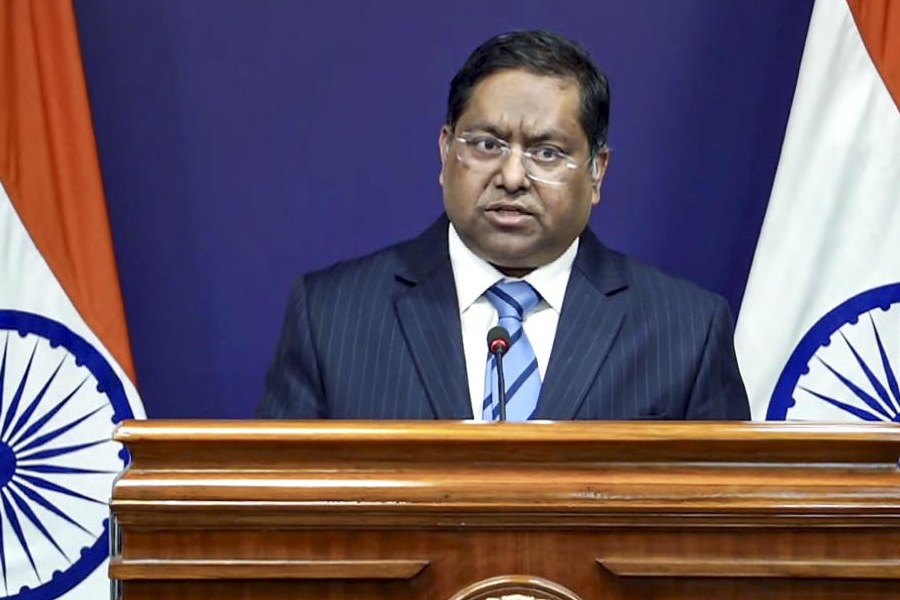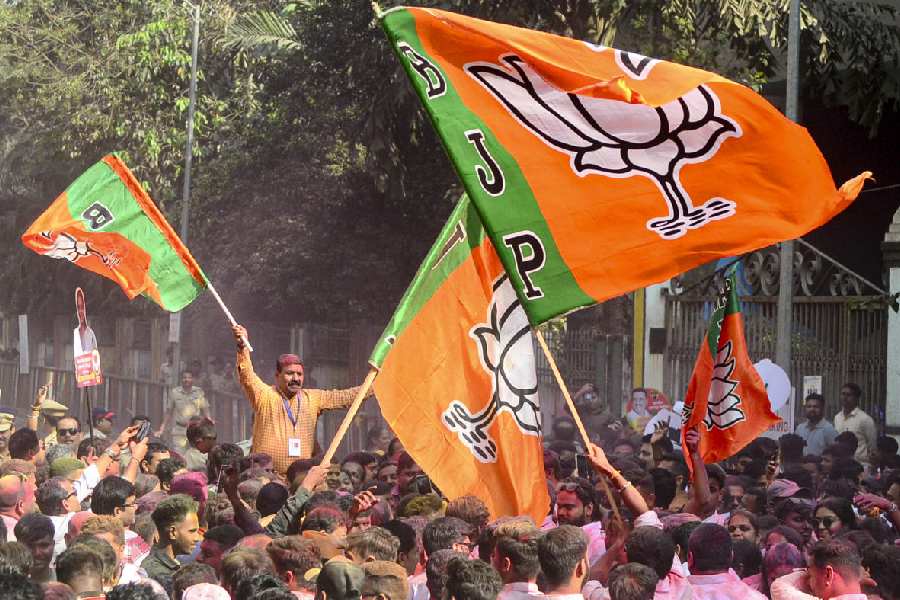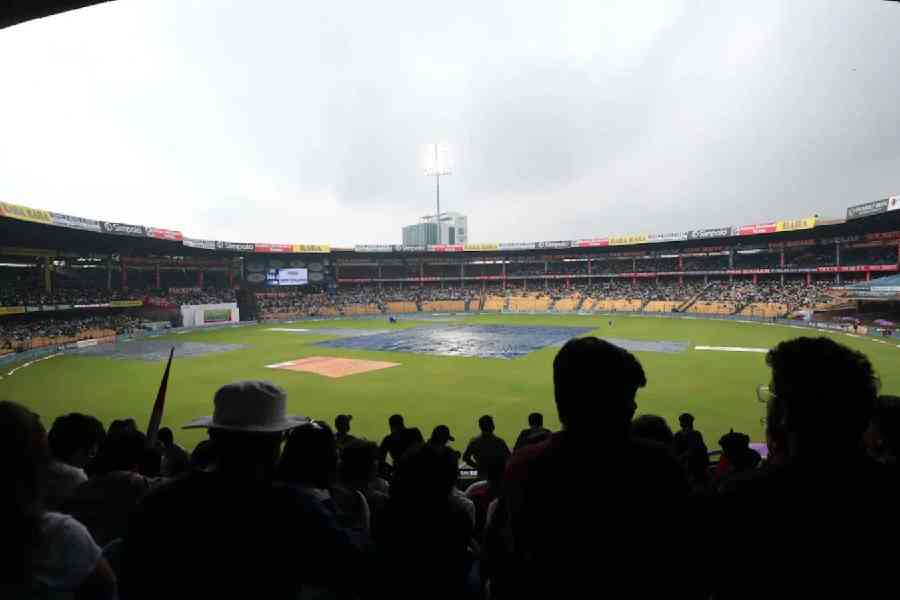New Delhi, Aug. 14: The Supreme Court today said it was for the Centre to act if there was a breach of rules by the attorney-general of India, responding to a complaint against Mukul Rohatgi for appearing in court for a private four-star hotel owner who is challenging the Kerala government's prohibition policy.
Unfazed by the criticism, Rohatgi argued for over one hour today on behalf of the private hotel and will resume his arguments on Tuesday.
The apex court said since the attorney-general, the country's highest law officer, is appointed by the Centre under Article 76 of the Constitution, the court cannot be expected to take action if there is any breach of rules by Rohatgi.
The court is dealing with a batch of petitions from bar, restaurant and resort owners challenging the Kerala government's amended liquor policy to permit sale of liquor only in 5-star hotels and government-run stores.
During the hearing today, as soon as Rohatgi told a bench of Justices Vikramjit Sen and Shiva Kirti Singh that he was appearing in his private capacity, the bench informed the attorney-general that a complaint had been filed opposing his appearance.
Counsel Kaleeswaram Raj, appearing for UDF MLA T.N. Pratapan who is supporting the prohibition policy in court, immediately said he had filed the complaint. The attorney-general appearing for a private party was contrary to Articles 76 and 309 of the Constitution, he said. While Article 76 deals with appointment of the law officer, Article 309 relates to service conduct rules of public servants under the government of India.
The counsel told the court that according to Rules 8 and 10 of the Government Law Officers Conditions of Services Rules 1987, government law officers should not appear for any private body if the case was against the Union or state government, PSUs, corporations or any other body under the government's control.
Justice Sen, heading the bench, asked: "Who appoints the attorney-general?"
The counsel replied that the Union government did.
Justice Sen said: "We don't appoint? Whatever action has to follow, will follow."
"Has the Union of India asked the AG to appear? Anyway we will hear you later," the bench said, asking Rohatgi to commence his submissions.
Rohatgi had earlier told The Telegraph that he had taken permission from the Union law ministry to appear in the case because the private party he was appearing for was a client he had known for several years.
The attorney-general normally appears for the Union government on questions of constitutional and statutory laws to defend the government. He also appears for state governments and PSUs upon their request.
Appearing for Hotel Sea Pearl, Rohatgi told the bench today the policy that restricted liquor sale only to 5-star hotels and government outlets was "arbitrary, discriminatory, a case of non-application of mind and bereft of reasoning".
Consumption of liquor is 0.4 per cent in the state's 38 4-star hotels as against 0.8 per cent in the 25-odd 5-star hotels, he said. The 384 government-run liquor retail outlets that have been allowed to sell liquor account for 79.39 per cent of the state's total liquor consumption, he added.
Rohatgi told the court that according to the state's only excise policy, it was earlier mandatory for all 5-star and 4-star hotels to serve liquor. "The 5-star and 4-star hotels were earlier treated as a homogenous unit. In such a situation there cannot be a discrimination by allowing only the 5-star hotels to sell liquor," he said.










